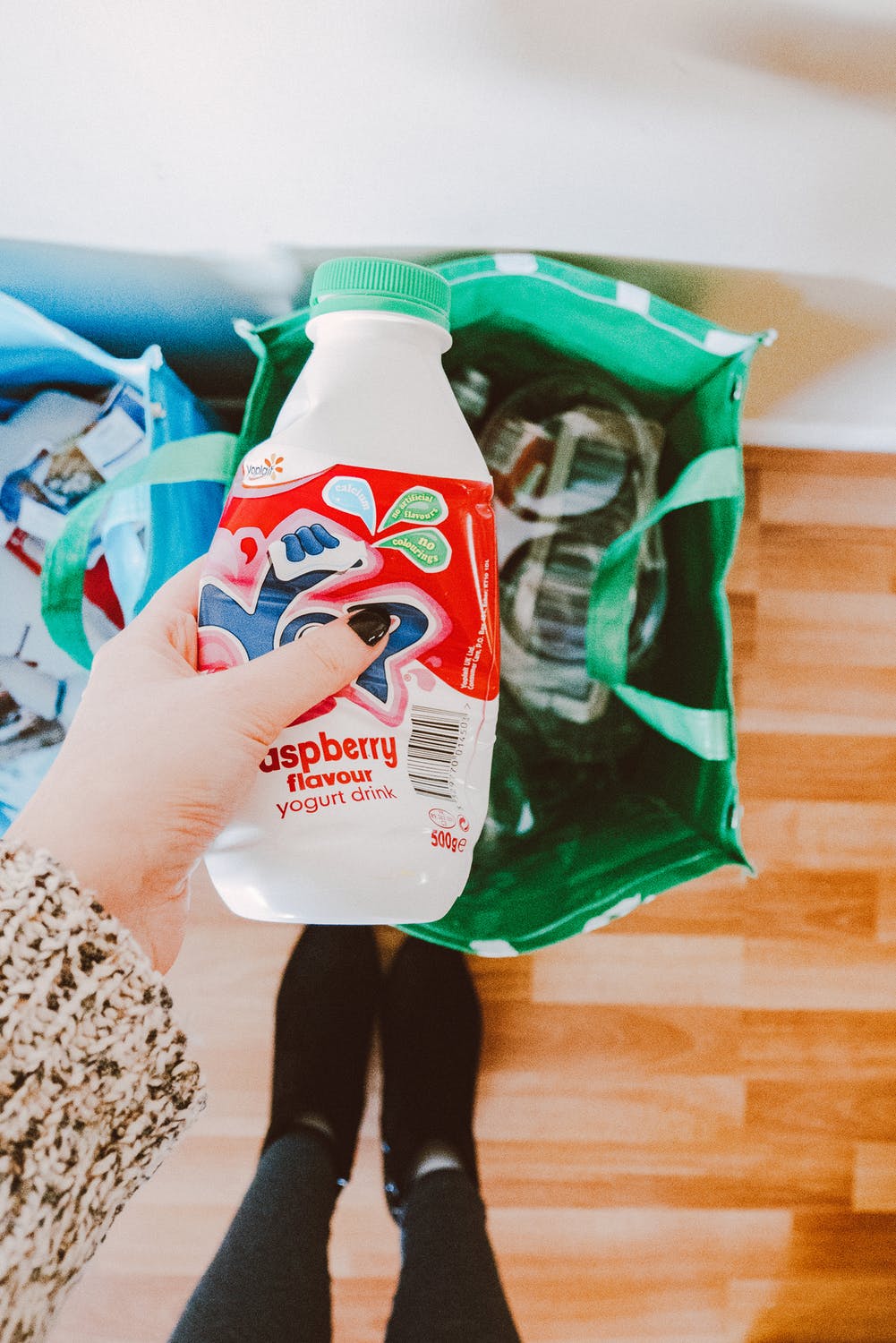When it comes to going green, many can be overwhelmed with advice to cutting your carbon footprint, including making your own compost, installing solar panels and trading in your petrol-powered vehicle for an economic electric one.
Whilst we advocate for all of the above, we also want to provide you with sustainability tips that are quick, easy and simple to implement into your day-to-day living.
- Embrace your fresh local produce

This is one of the easier sustainability tips to undertake. Opt for a trip to the local farmer’s markets to enjoy fresher (and more flavoursome) produce. Support your local community while saving the amount of CO2 that would have been spent transporting your fruit and vegetables half the way around the world to the supermarket.
- Turn off your computer
We know it’s too easy to leave your PC or laptop idling by in case of a Netflix emergency – but did you know we spend $250 billion per year on powering up computers? To make it worse, only 15% of that time is spent when people are actually active. Put your technology to bed and help the environment (and your electricity bill!). - Limit your paper usage
With everything moving into the digital world, our need for printing and paper usage is fast becoming limited. Do your part and avoid the use of printing or wasting paper. Yes – even though it’s recyclable, it still requires a lot of time and resources to make that happen. This sustainability tip doesn’t only need to stop in the workplace – don’t print receipts if you’re going to throw them out straight away and avoid unnecessary packaging (including your 15 cent eco bags if you can).
- Cut your spending
We’re all guilty of going overboard with our spending every now and then – but have you ever stopped to think of where your unnecessary clutter will eventually end up? Whether your vice is clothing, homewares or electronic gadgets, it’s important to consider prior to purchasing about the environmental impacts of how this was produced, and what effect it is going to have after you have finished with it. In all cases, one of the easier sustainability tips to utilise the 30-day rule – wait 30 days before you make a decision to purchase what might be considered an impulse purchase.
- Cook from scratch
Yes, this sustainability tip is for the Uber Eats lover in many of us. And it’s really quite simple – the more you order out, the greater your use of packaging, plastics and resources. Save the environment while adding some extra funds to your bank balance and opt for some home cooking. Use your pressure cooker to save even more time, money and energy.
HEAR FROM THE EXPERTS IN SUSTAINABILITY – LESS THAN ONE MONTH TO GO!
Secure your place at the 2019 National Sustainability Conference in Brisbane this April! Check out the program and registration options here.


